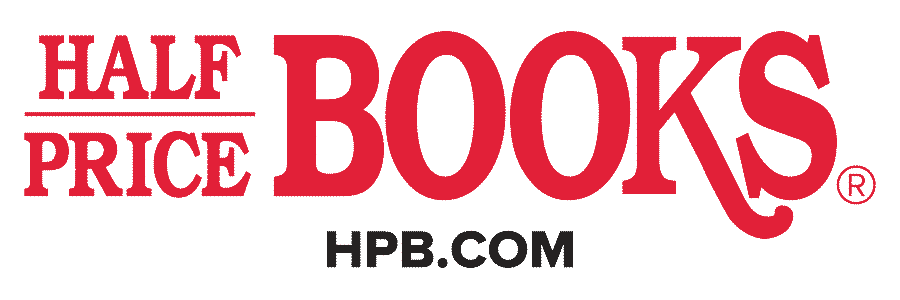Clinical Patterns in Manual Therapy: Maitland Concept course handbook level 2a and level 2b
by Wiesner, Renate-
Online Only
Overview
Those who recognise clinical patterns in patients with neuromusculoskeletal disorders can identify the sources of structural disorders more accurately and target treatment more specifically. With this book you will learn the patterns of, for example:
- Functional cervical instability
- Lumbar facet syndroms
- Discogenic conditions
- Pattelofemoral pain syndrome
- Cervicogenic headache
- and much more.
Learn from the professionals. An IMTA (Maitland(R) Concept) team of authors shows you how to develop your therapeutic skills, e.g. by means of reflection, communication, biomechanic and neurodynamic knowledge.
You will learn how you can differentiate between different pain processes and the consequences this hast o therapy.
You receive presentations of all the clinical patterns, the latest theoretical knowledge and the essential aspects oft he clinical presentation in the history, physical examination and treatment.
PLUS: Summaries for quick readers, learning control questions to test your own knowledge, many links between theory and practice!
For the generation and testing of hypotheses, the recognition of clinical patterns is an essential skill; it leads to faster physiotherapy diagnosis and qualitatively better treatment results.- Format: Trade Paperback
- Author: Wiesner, Renate
- ISBN: 9798867219093
- Condition: New
- Dimensions: 11.00 x 1.23
- Number Of Pages: 472
- Publication Year: 2024

